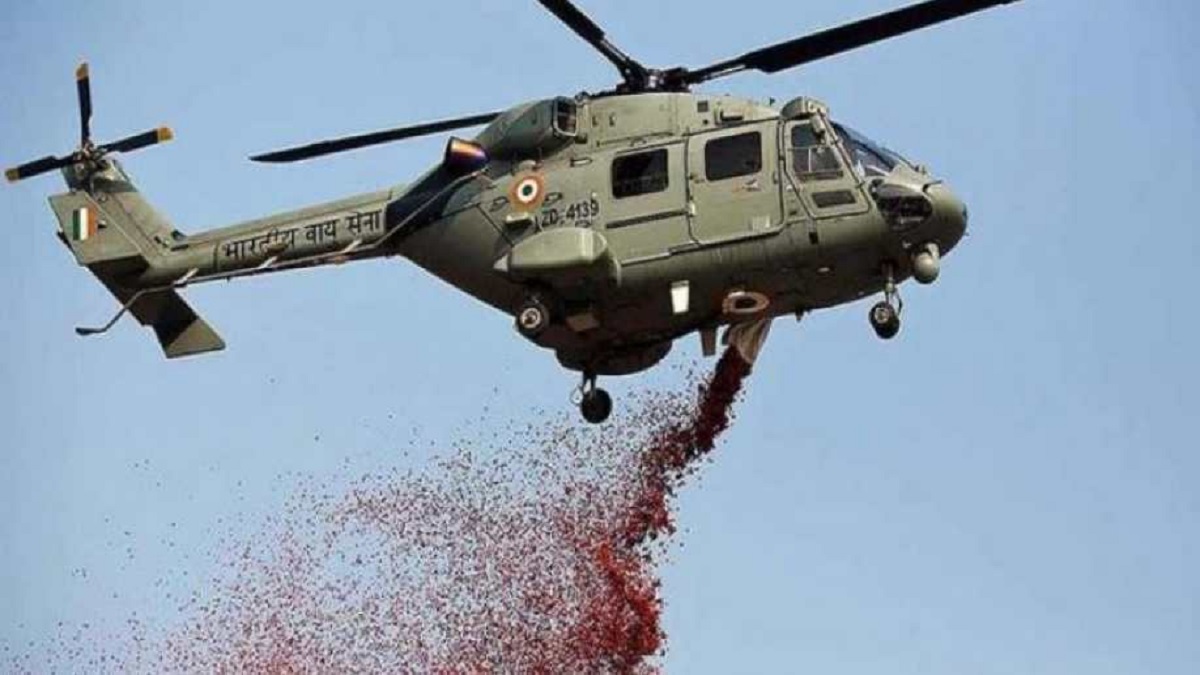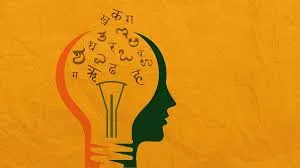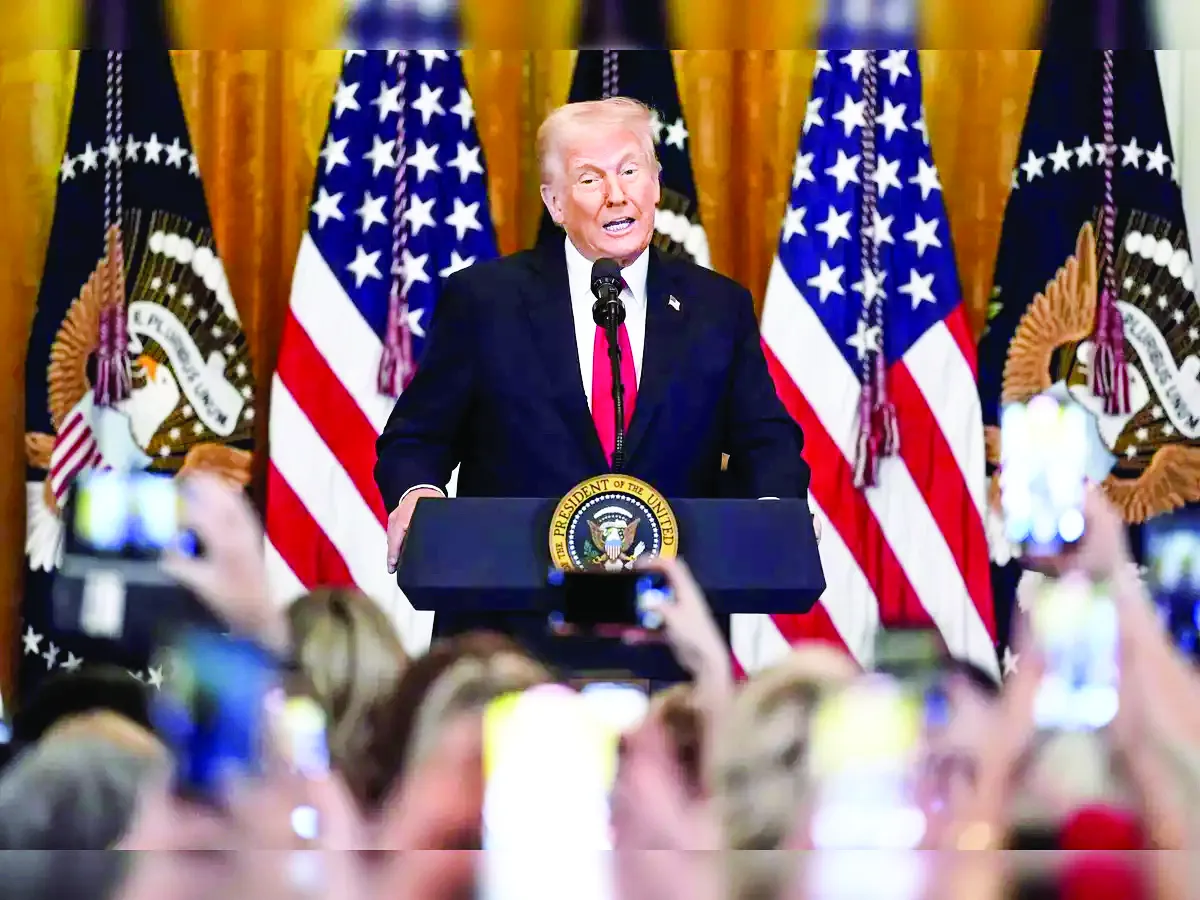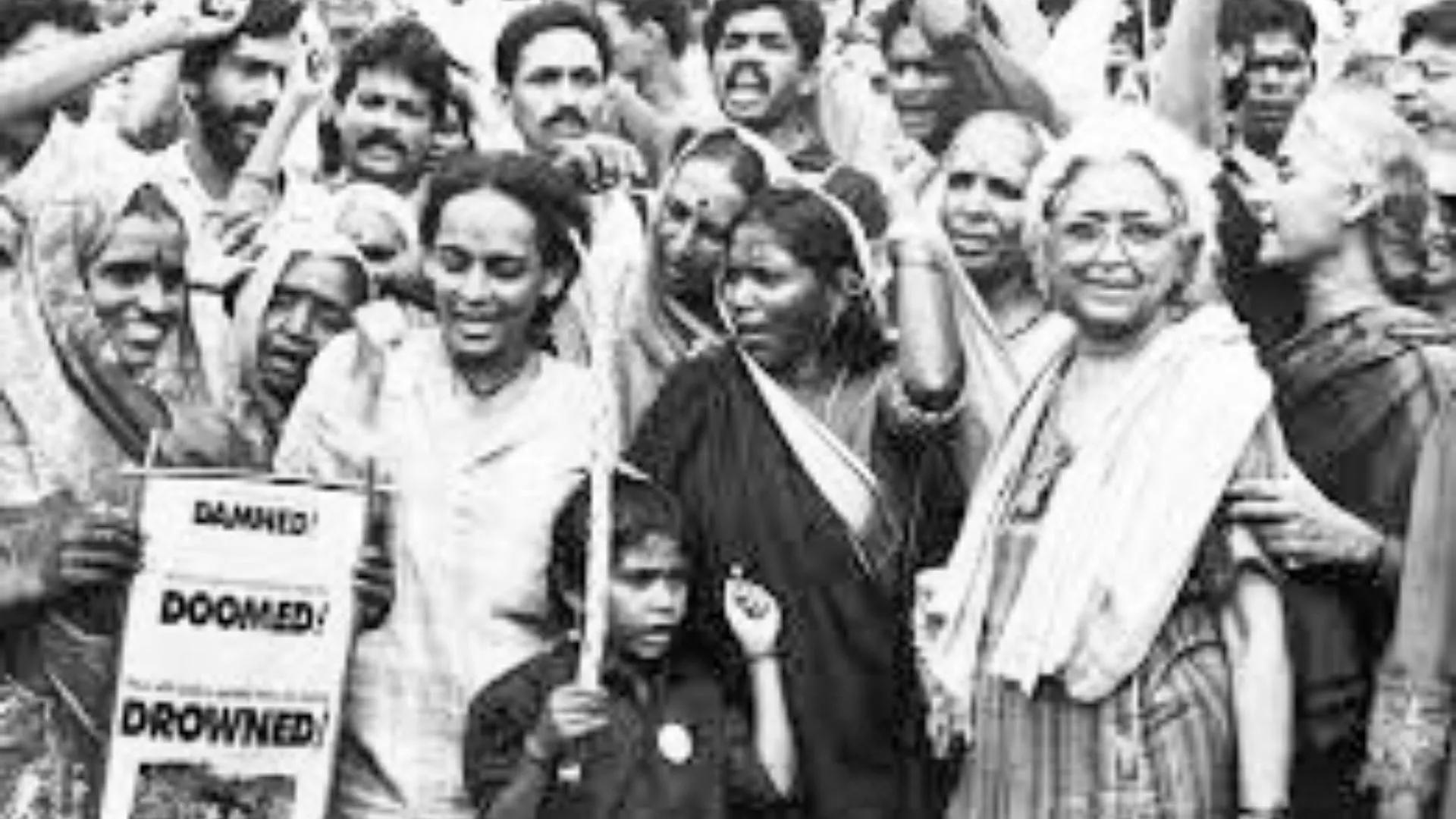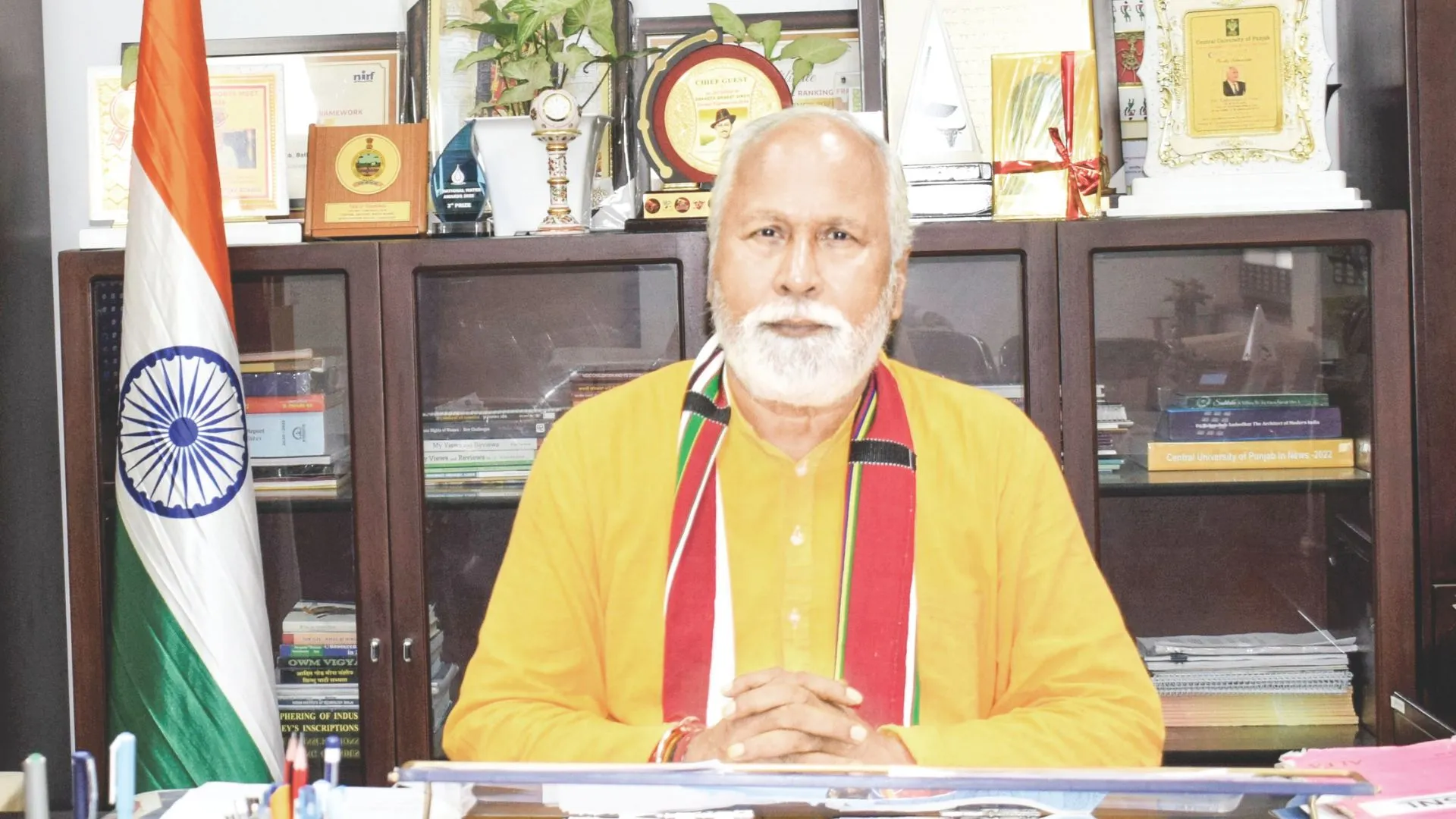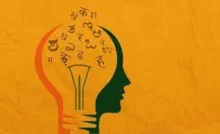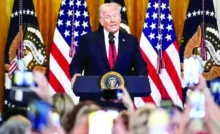At a time when unity is the need of the hour, as this nation faces one of its gravest crises ever, it is somewhat disconcerting to see the fractious face of our polity becoming visible over and over again. This time it is over the defence services honouring the nation’s frontline warriors against coronavirus by participating in various activities all over the country—the argument being that instead of making the Armed Forces participate in such “empty acts of tokenism”, they should be used to augment the government’s efforts in tackling the pandemic. But then to mock these “gestures” as not delivering any value, is not to understand how morale-boosting even such “tokenism” can be for those who are putting their lives at stake, battling a very serious infection, when the rest of their countrymen are locked up inside their homes for fear of catching the virus. Surely this nation has not become so insensitive to the sacrifice being made by these frontline health workers that it can turn its back on them by saying they are just doing their job! Acknowledgment matters, gratitude matters.
Spirits have to be kept up. People are falling sick. People are dying. People are losing their livelihoods. These are unbelievably hard times. Amidst all this, acts of appreciation are being organised all over the world—from the community level to the level of the state. When Prime Minister Narendra Modi asked the whole country to stand united and clap in appreciation of the work being done by healthcare workers, there was much criticism from the expected quarters—it is a different matter though that the country did not pay any heed to such critics and overwhelmingly responded to the PM’s call.
Interestingly, such shows of gratitude, when they are put up in western countries are seen as morale boosting in these depressing times—but for India different yardsticks are applied. In other words, there is no scope for debate on the three Services showing their gratitude to corona warriors. If there has to be a debate it must be on the much larger question of deploying the Armed Forces in “disaster” scenarios. When the law and order machinery is robust, when different arms of the government are functioning, there is no reason why the military should be called in to manage a disastrous situation. In fact, even when “natural disasters” strike, the defence forces should be the last responders and must be deployed only when the state apparatus to handle such calamities has been stretched to its limits, and that is not yet the case in India when it comes to tackling the coronavirus.


